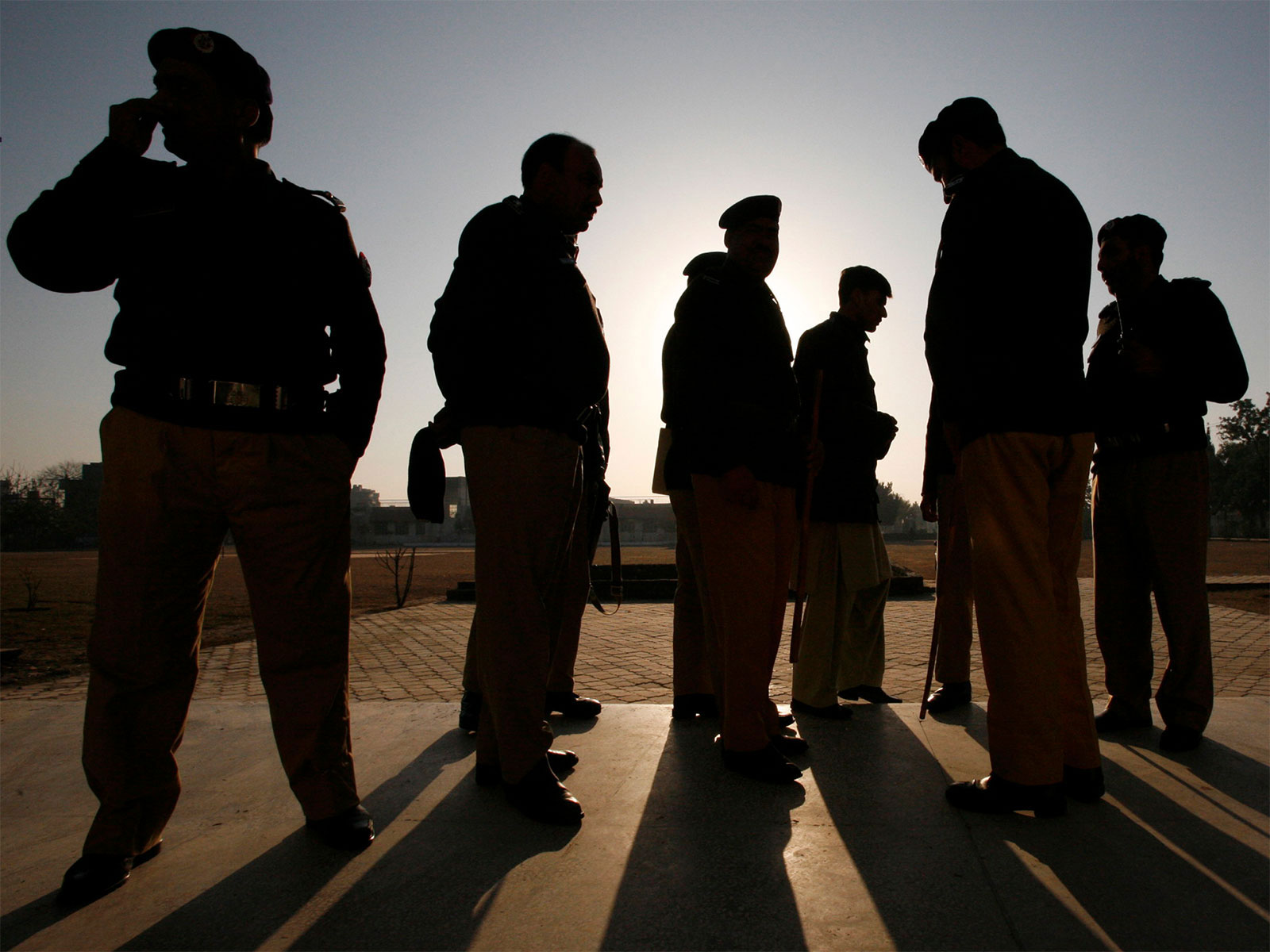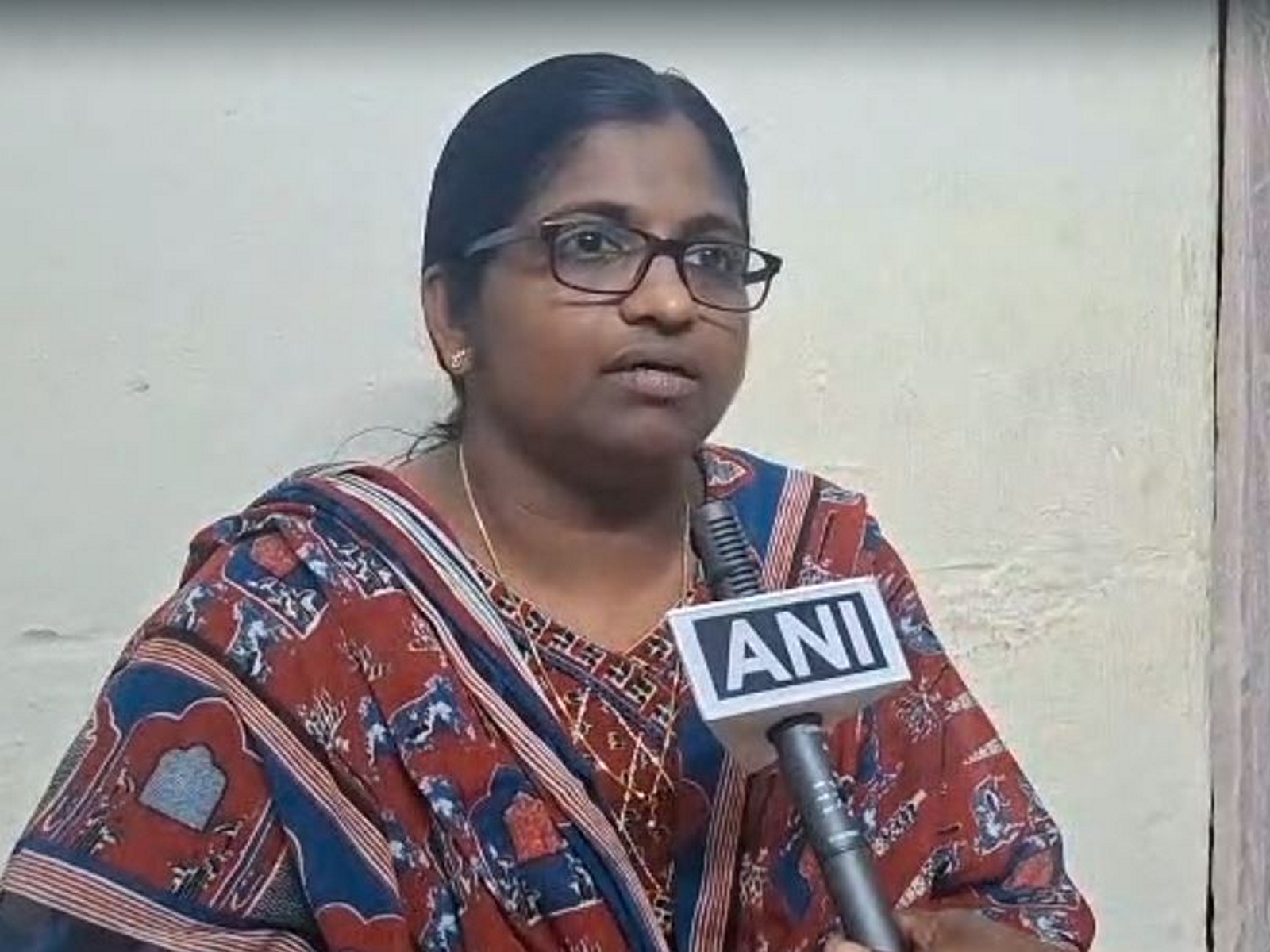Japan's COVID-19 advisory panel approves extension of emergency measures amid concerns over new virus sub-variant
Feb 10, 2022

Tokyo [Japan], February 10 (ANI/Xinhua): The Japanese government's advisory panel on COVID-19 measures has approved the extension of quasi-emergency restrictions currently in place in 13 prefectures that are set to expire on Sunday amid concerns over a new virus sub-variant.
Daishiro Yamagiwa, who is in charge of the government's COVID-19 response taskforce, told a panel of medical and other experts on Thursday about the government's plans to extend by three weeks through March 6 the quasi-state of emergency.
"We need to continue with our efforts to reduce the burden on the health care system," Yamagiwa, who also serves as the country's economic revitalization minister, told the panel meeting.
"Our focus with the measure should be on preventing a halt to social and economic activities as much as we can," he added.
The government also plans to place the western prefecture of Kochi under emergency measures from Saturday until March 6, as the nation continues to grapple with the rampant spread of the Omicron variant-driven COVID-19 crisis.
The addition of Kochi Prefecture comes as cases surge nationwide, including the capital, and threaten to overwhelm hospitals, and the government's vaccination campaign has once again come under fire for the sluggish rollout of its booster shots.
Once the extension comes into effect, 36 of the nation's 47 prefectures will be under virus emergency measures. As to the extension of the emergency measures in other regions and whether they will be extended, as yet, the government has not made this clear.
Japanese Prime Minister Fumio Kishida will formalize the decision later in the day. He has said that the pace of increase in new cases had been "clearly slowing," however, the Japanese government has been warned by virologists that Japan's sixth wave of infections has not yet peaked.
The country is now likely facing a surge in cases as hay fever season will soon kick in, meaning many more people will be prone to coughing and sneezing in public places, increasing the probability of the virus being transmitted, infectious diseases experts have said.
Japan is now also contending with a sub-variant of the highly-transmissible Omicron variant, currently known as the BA.2 version, Takaji Wakita, an expert who sits on a health ministry's advisory panel said the previous day.
Wakita said that the BA.2 sub-variant is more transmissible than Omicron, but is "not dominant" for the time being in Japan. However, with the slow rollout of booster shots, if the sub-variant begins to spread, Japan would be facing yet another escalation in new infections nationwide and the probability of restrictions being extended or toughened or both, sources with knowledge of the matter said Thursday.
As for the days ahead, the regions facing an extension beyond Saturday of quasi-emergency measures include hard-hit Tokyo, Saitama, Chiba, Kanagawa, Gunma, Niigata, Gifu, Aichi, Mie, Kagawa, Nagasaki, Kumamoto and Miyazaki.
The extension is based on requests by prefectural governments to be placed under the emergency measures by the central government.
The local governors are then empowered to request stricter antiviral measures be followed such as asking restaurants and bars to curtail operating hours and refrain from serving alcohol and citizens traveling across prefectures' borders can also be urged not to do so in non-essential situations. (ANI/Xinhua)


















